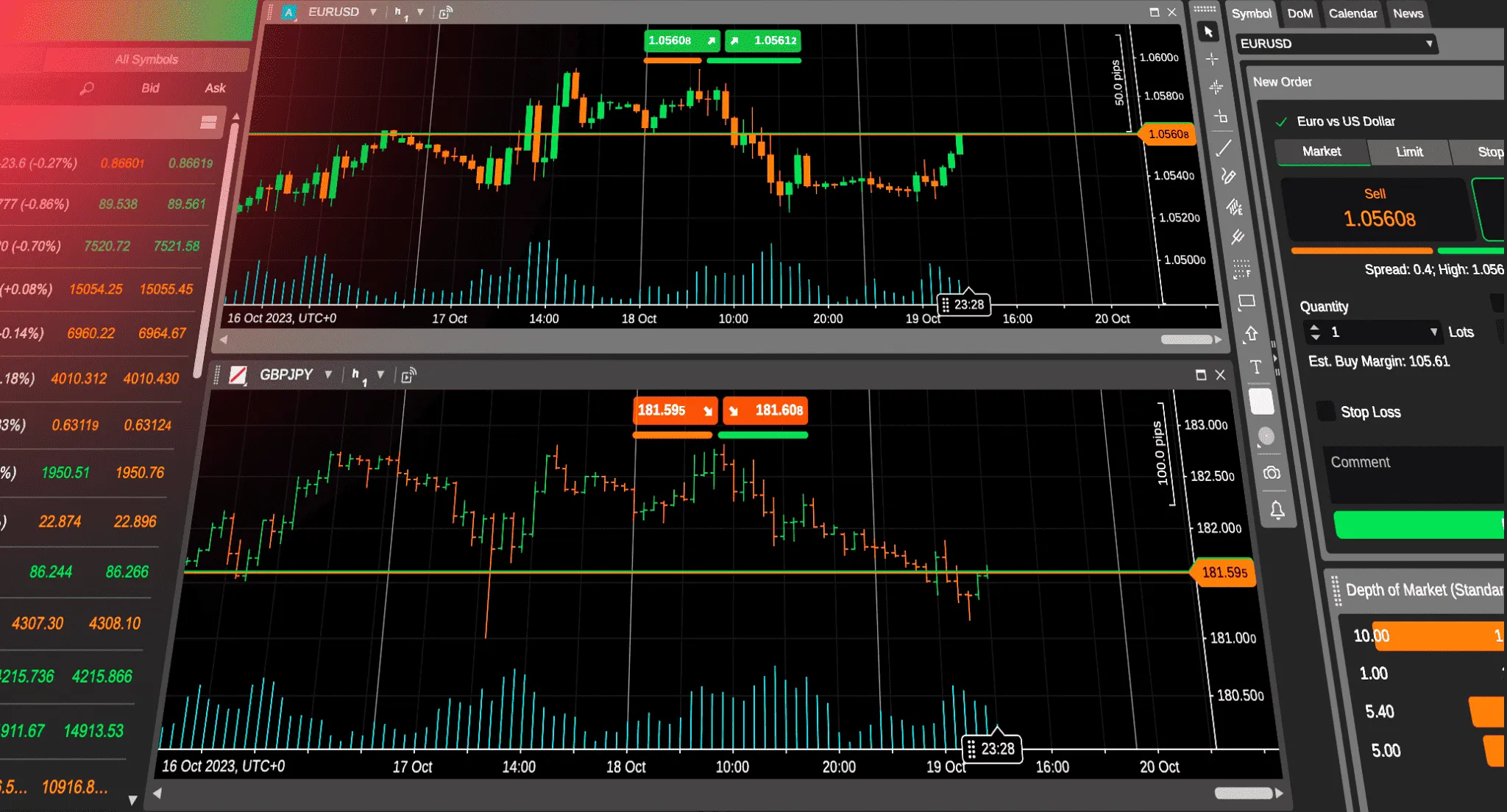Market recap: Week of 27 Nov–1 Dec 2023

Eurozone
Financial Times and Twitter: European Central Bank's De Cos suggests a Euro-Area recession is possible, echoing concerns from ECB VP Luis de Guindos about lingering financial stability risks.
Lagarde emphasizes a "mild recession" may not be sufficient to curb inflation. While not the baseline scenario, the ECB remains vigilant.
The recent dip in European property markets has led to a rise in non performing loans, according to the ECB.
Net inflows reported in Q2 for commercial real estate loans and consumer loans after a prolonged decline.
Gold market
Kitco: Chinese traders persist in increasing their gold holdings despite the yuan's halted appreciation, notes Daniel Ghali, senior commodity strategist at TD Securities.
Ghali anticipates Western investors may overlook the gold market until a potential U.S. recession in the first half of next year prompts the Federal Reserve to implement significant interest rate cuts.
In a recent note, Nicky Shiels, head of metals strategy at MKS PAMP, highlights that gold has historically seen average gains of 2.7% between Thanksgiving and Dec. 31 over the last five years.
Economic indicators
Reuters and Kitco: Traders anticipate the U.S. central bank maintaining rates in December, with a 50-50 chance of easing in May 2024, per CME's FedWatch Tool.
Lower rates diminish the opportunity cost of holding non-interest-bearing assets, potentially boosting gold prices. Attention turns to U.S.
Q3 GDP figures on Wednesday, 29 Nov, and the PCE price index on Thursday, 30 Nov, the Fed's preferred inflation gauge.
Despite this, China's net gold imports via Hong Kong saw a second consecutive monthly decline in October.
Senior strategist Nick Cawley notes a potential gold rally, with a close above $2,009 opening the door to $2,049.
Black Friday
The Wall Street Journal and Reuters: U.S. Black Friday retail sales climbed 2.5% YoY, reported by Mastercard SpendingPulse, with increased in-person traffic according to Sensormatic Solutions and RetailNext.
Despite this, all major U.S. stock indexes are set for their strongest monthly performances in over a year after four consecutive weeks of gains.
Monday’s market action saw a slight decline, with the S&P 500 down 0.2%, Dow Jones Industrial Average retreating 0.2%, and Nasdaq Composite dipping less than 0.1%.
Interest rates
RBNZ: RBNZ holds steady and maintains Official Cash Rate at 5.50%.
With eased demand growth in New Zealand, the decision to keep rates restrictive aims to subdue demand and guide inflation back to the 1-3% target range.
US yields
The Wall Street Journal, Kitco and CNBC: US Yields dropped as Fed officials, including Governor Christopher Waller, hint at a rate 'pause.'
The 10-year Treasury yield settled at 4.335%, down 0.05% from Monday. Stocks surged, continuing November's rally, fueled by hopes the Fed may not raise rates.
Nicky Shiels of MKS PAMP notes gold's momentum; all-time highs possible in ten days.
Recession
The Guardian and Financial Times: The OECD predicts Germany to be the worst-performing developed country this year, with a 0.1% contraction. Recovery is anticipated with a 0.6% growth in 2024.
The eurozone, comprising 20 nations, is expected to expand by 0.6% compared to the US's 2.4%.
Clare Lombardelli, the OECD's chief economist, underscores the uncertainty, stating a soft landing for advanced economies isn't guaranteed.
ECB's Lagarde notes a 'mild recession' in the eurozone might not suffice to curb inflation, emphasizing the complexity of economic scenarios.
Inflation
The Wall Street Journal and NBC News: Despite rising interest rates impacting affordability, September saw US home prices reaching a new record amid a shortage of available homes for sale.
The persistently high prices are attributed to existing homeowners being reluctant to move due to lower mortgage rates, leading to a constrained housing supply.
Home sales have declined this year due to elevated prices, increased borrowing costs, and limited housing inventory, deterring potential buyers and price elevated the inflation data.
Business trends
Federal Reserve: The latest Fed Beige Book reveals a slight decline or flat trend across all districts.
Retail sales, especially for discretionary items and durable goods, faced declines due to heightened price sensitivity among consumers.
Travel and tourism remained healthy, but demand for transportation services was sluggish. Manufacturing activity and outlooks were mixed.
Business loan demand decreased, notably for real estate loans. Commercial real estate activity slowed, with a weak office segment. Labor demand eased, and applicants increased in most districts.
Price increases moderated, though remaining elevated, and freight and shipping costs decreased for many.
Oil market
Reuters: Oil prices dropped over 2% on Thursday, 30 Nov, as OPEC+ agreed to voluntary output cuts for Q1 2024, falling short of market expectations.
The proposed cuts, around 2 million barrels per day, included 1.3 million bpd from extending existing Saudi Arabia and Russia curbs. Earlier talks suggested up to 2 million bpd in additional cuts.
Meanwhile, the U.S., the world's leading producer, saw crude output rise 1.7% in September to a record 13.24 million bpd, according to the Energy Information Administration.
The information contained in this blog is for educational purposes only and is not intended as financial or investment advice. It is considered accurate at the date of publication by the sources. Changes in circumstances after the time of publication may impact the accuracy of the information.
Past performance is not indicative of future results. Doing your own research before making any trading decisions is recommended.






